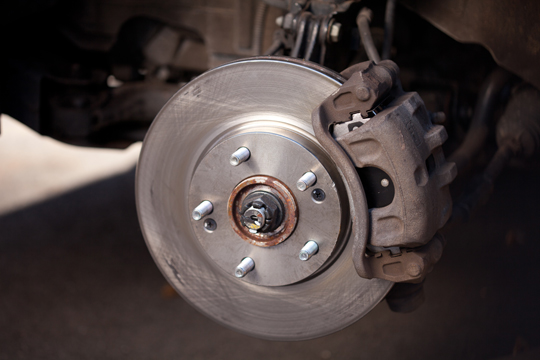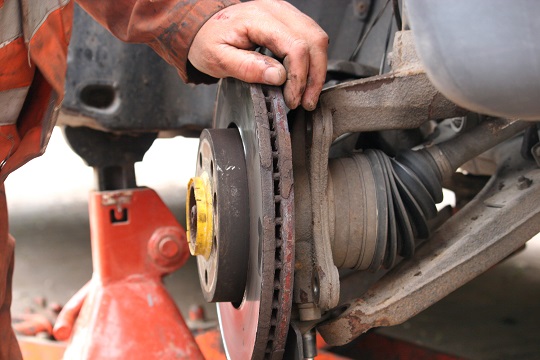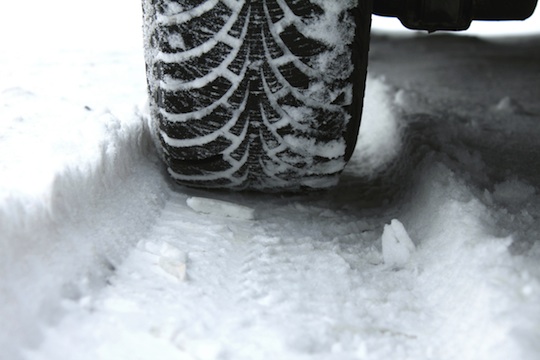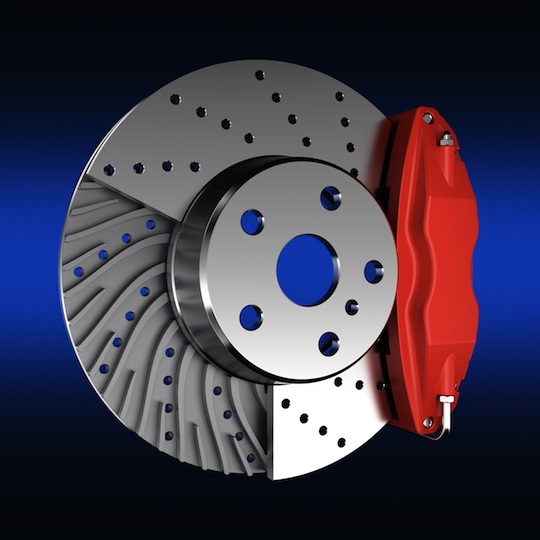Brake pads and rotors are essential to the functioning of your car, as well as your safety. Therefore, knowing how often you should replace these parts of your car is a very important thing to remember. Take into consideration the following if you’re wondering how often to replace brake pads and rotors.
Brake pads
Brake pads are found inside the brake caliper with their friction sides surfaces facing the rotors. Their purpose is to convert the kinetic energy of the car’s movement into thermal energy by friction. When a driver taps the brakes, the two pads are squeezed together, slowing the motion of the vehicle. Without brake pads, you would not be able to stop your vehicle.
When to change brake pads
Brake pads should be changed depending on the warranted life of the particular pads on your car. Normally, this would be around every 10,000 miles. However, if you hear a scraping or grinding noise coming for your wheels, you should get them checked and/or changed, regardless of the mileage.
Rotors
Rotors are the round, flat pieces of steel attached to rods inside the wheels of a car. When the driver presses the brakes, the brake pads compress around the rotor, ultimately slowing or stopping the vehicle.
When to change rotors
The only time rotors need to be replaced is when the driver ruins them by driving for too long with bad brake pads. When your brake pads are bad, the screws in the bases will drive into your rotors. This is where the grinding noise comes from. New rotors are much more expensive than brake pads, so be sure to stay on top of the functioning of your brake pads to avoid a much pricier repair.
If you are unsure of when to change your brake pads or if you have a problem with your brakes, you should get the help of a trained professional. Visit www.TalkLocal.com to be connected to a highly rated, local automobile technician in less than 90 seconds.












Its my opinion Never use old hydraulic fluid – always use a fresh container.It is my great pleasure to visit your website and to enjoy your excellent post here. I like that very much.
10,000 miles doesn’t seem like a lot for brake pads. I usually change mine every 40,000 miles. Does the mileage difference depend on the initial cost and quality of the brake pads or does the type (semi-metallic vs ceramic) make a difference?
The material of the brake pad isn’t something I have looked into yet (new article idea!), but the quality of the brake pads certainly plays into their durability. Thanks for your response.